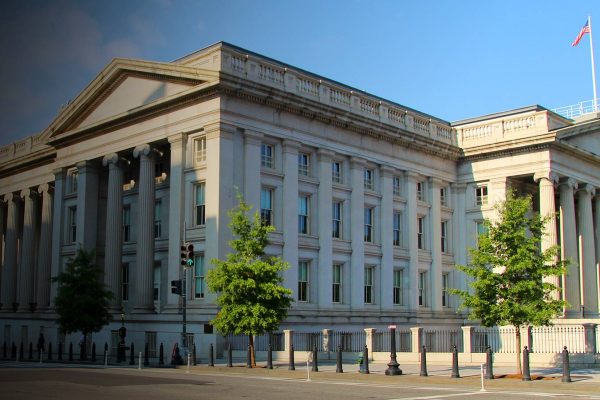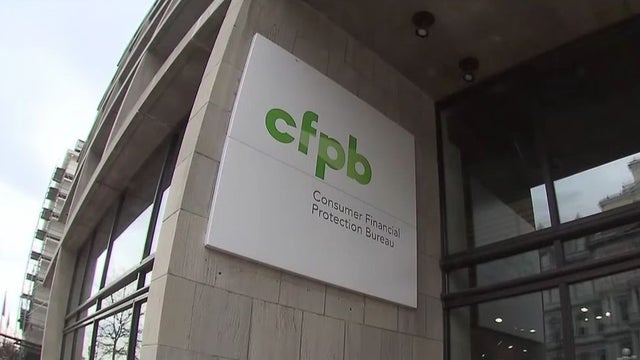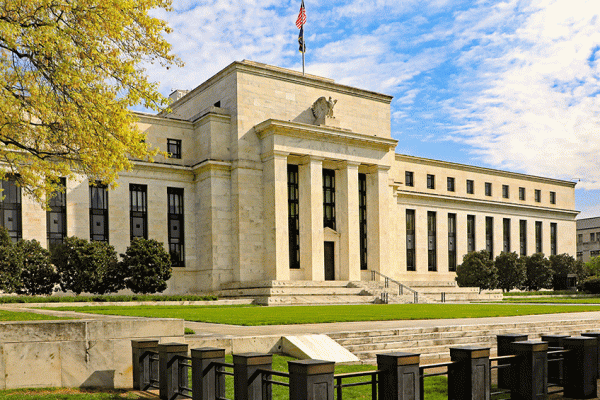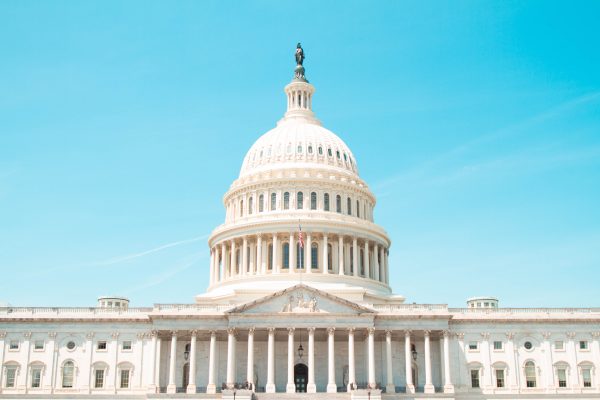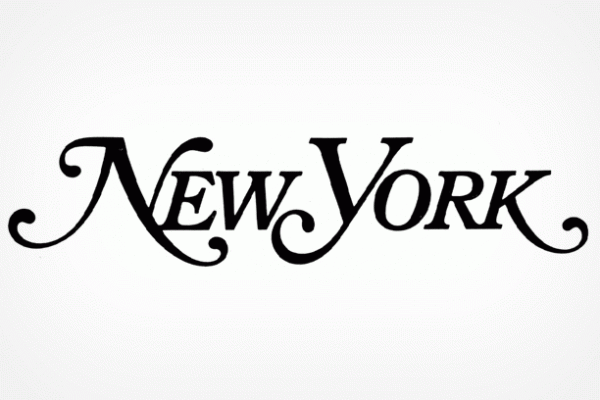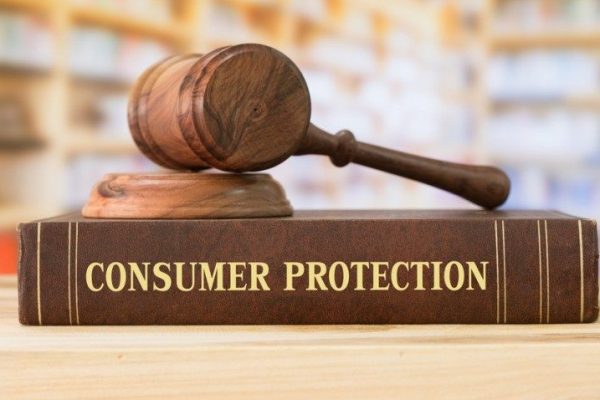Letters to Regulators: Letter to Treasury in Response to Request for Comment on Small Dollar Loan Program Application
AFREF, CRL, CFA, and NCLC sent comments to the Department of Treasury in response to their request for comment concerning the Small Dollar Loan (SDL) Program Application.

